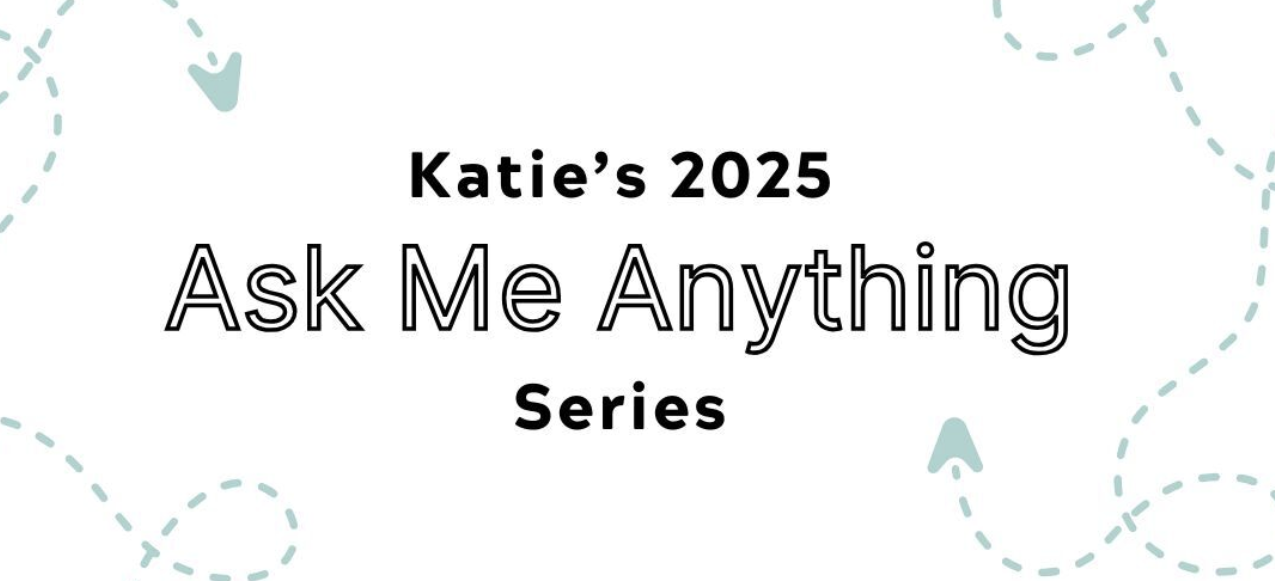I’m currently deep in the process of my coach training preparations, which include finalizing the website and finishing the draft of the coach training guide.
I’m not going to lie… I’m having the time of my life.
Part of this work includes mapping out what coaching looks like in the field of higher education. In the past several years, it seems like the coaching industry has boomed. There are now several different kinds of coaches that work with higher education clients.
I thought you might be interested to see what this map looks like (and I’d love to hear if you know of a coaching type that I’ve missed!). Here are the examples of coaching areas that are specific to higher education that I’ve identified so far:
Student success coaches help students to learn study skills, time management skills, and other career readiness skills that help them to progress toward degree completion. These students may include online learners, adult learners, traditionally aged college students, or graduate students.
Career coaches help higher education professionals at all stages to prepare for job searches and to navigate the next steps of climbing their career ladders. These coaches also often help professionals make transitions to new skill areas, new positions, and new institutions as their careers develop over time.
Educational development coaches (also called faculty development coaches) assist instructors and faculty members on issues related to improving teaching and learning, writing and publication, and leadership. In addition to individual coaching, this kind of work also often includes group programming (like workshops).
Dissertation coaches help graduate students to successfully stay on track (or get back on track) with completing their dissertations in a timely manner. Although the focus of this type of coaching is often on writing accountability, the career stage of the client can be a catalyst for discussions related to career and transition.
Writing coaches help higher education professionals in a range of settings to set and complete writing goals, and to stay accountable to those goals. This type of coaching works well with private sessions as well as group coaching models.
Leadership and executive coaches help upper-level administrators to navigate the challenges of leading large organizations, which can include conflict management in a range of areas. Since few higher education professionals receive training on leadership and management, this is a growing coaching niche.
Organizational development coaches assist organizations with large-scale cultural shifts and strategic initiatives that often require change management strategies and leadership development. As more institutions merge with one another, or create efficiencies through combining departments, this kind of coaching specialization is becoming more popular.
Tenure coaches assist faculty members with achieving their pre-tenure goals related to teaching, writing and publication, and service obligations, often while maintaining work/life balance. The process to tenure is one of the most stressful phases of the academic career life cycle and coaches are often called upon to offer both support and accountability structures.
Productivity coaches assist higher education professionals in a range of positions to become more organized and systematic with their work to increase their efficiency and effectiveness. Many academics and higher education professionals seek mentorship on how to improve their productivity or project management, particularly if they did not receive effective mentorship or have strong models for these strategies or methods.
That’s a lot of different kinds of coaching! As the coaching industry that is serving higher education continues to grow, I think the credentialing of coaching professionals will become increasingly important to ensure the quality of the coaching services that are being provided within higher education.
And that’s exactly why I’m creating my coach training program!
If any of these areas is interesting to you, I can add you to my list of folks who will be notified when the training information goes live. The first cohort launches in January 2020, so I’ll be sharing more information really soon!
(And, of course, feel free to pass along this post to anyone you know who might be interested in professional development for higher ed coaches — I’d love if you could help me spread the word about this new offering).



